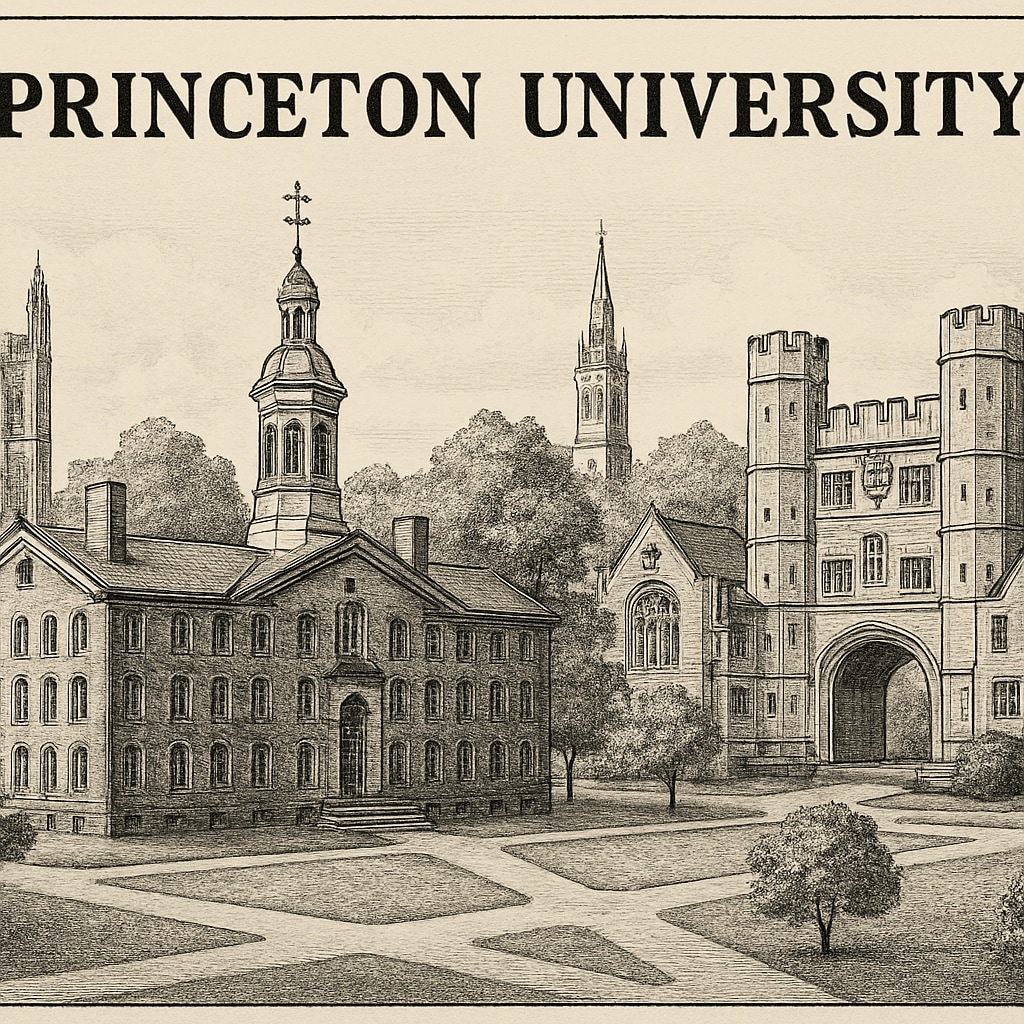The names Princeton and Ivy League have long been synonymous with prestige, excellence, and success. However, how much of this reputation is warranted, and is it truly reflective of their educational value? In this article, we evaluate the influence of Princeton and other Ivy League institutions on modern higher education, challenging their perceived dominance and examining the societal impact of “elite school worship” on K-12 education.
The Perceived Superiority of Ivy League Institutions
The Ivy League, including Princeton, Harvard, Yale, and other elite universities, is often seen as the pinnacle of academic achievement. This perception is supported by their low acceptance rates, historic legacies, and the success stories of alumni. For example, Princeton University boasts graduates like Jeff Bezos and Alan Turing, which adds to its allure. However, critics argue that this perceived superiority may not always translate into tangible educational value.
While Ivy League schools are undeniably excellent, their prestige often overshadows other institutions that offer comparable or even superior education in specific fields. For instance, technical universities like MIT or liberal arts colleges like Amherst College often surpass Ivy League schools in their areas of specialization. Furthermore, the focus on brand recognition may detract from a student’s actual learning experience and career preparation.

Are Ivy League Schools Overrated?
It’s crucial to ask whether Ivy League schools are overvalued in the context of educational outcomes. Research shows that for students with similar academic capabilities, the long-term career success of those attending Ivy League schools versus non-Ivy schools is often comparable. A study by economists Alan Krueger and Stacy Dale revealed that the earnings of students who were admitted to Ivy League schools but chose to attend other institutions were nearly identical to those who attended the Ivy League.
This finding suggests that a student’s personal qualities, such as ambition and resilience, often matter more than the name of their alma mater. While Princeton or Harvard may open doors, the effort put into leveraging these opportunities is ultimately what determines success.

The Impact on K-12 Education
The societal obsession with Ivy League institutions extends beyond college admissions; it trickles down to the K-12 education system. Parents and students alike feel immense pressure to excel academically and participate in extracurriculars, all with the aim of gaining admission to an elite school. This pressure can foster anxiety, burnout, and a narrow focus on achievements rather than holistic development.
Additionally, the “Ivy or bust” mindset diminishes the value of alternative pathways, such as attending state universities, community colleges, or pursuing vocational training. By perpetuating this hierarchy, we risk undervaluing the diverse range of educational opportunities available to students.
Rethinking Higher Education Evaluation
So, how should we evaluate the value of higher education? Instead of focusing solely on a university’s brand, students and parents should consider factors such as program quality, faculty expertise, and alignment with career goals. For certain industries, attending a lesser-known school with strong ties to the local job market may be more beneficial than an Ivy League education.
Moreover, universities themselves must strive to create value beyond their reputations. This includes investing in innovation, promoting diversity, and ensuring that students gain practical skills alongside theoretical knowledge. Only by doing so can higher education truly serve its purpose as a driver of opportunity and societal progress.
In conclusion, while Princeton and other Ivy League schools undoubtedly offer excellent education, their value should not be overstated. By shifting our focus from prestige to substance, we can foster a more equitable and effective educational landscape that benefits all students.
Readability guidance: Short paragraphs and lists have been used to improve readability; active voice predominates, and transition words are distributed throughout the text to ensure logical flow.


